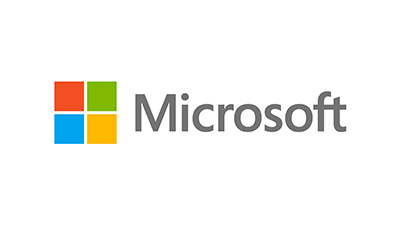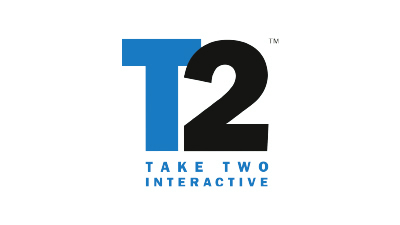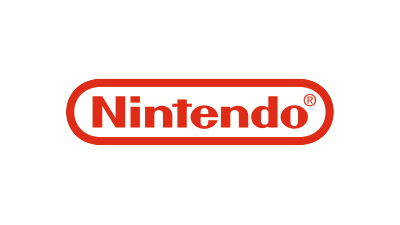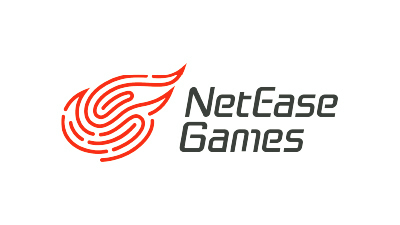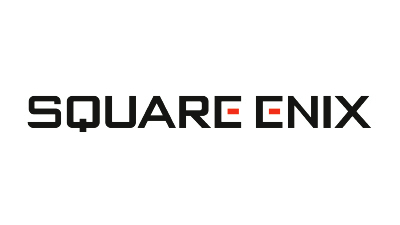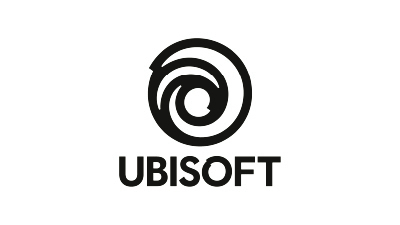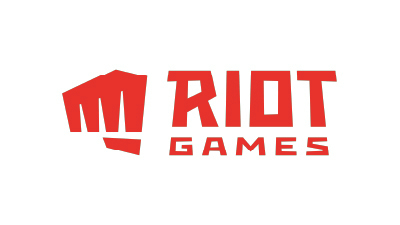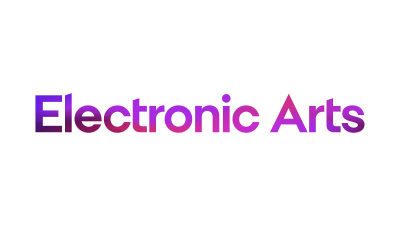How Functionality QA Testing Helps Shape Video Games
As part of the Globalize Service Line, Keywords’ Functionality QA Testing services help ensure efficiency by detecting and fixing bugs prior to final submission.

Below, we take a look at how FQA Testing resolves functional issues in game development and enhances technical testing processes. We also delve into how Keywords’ QA Testing Services help our clients imagine more for their games.
Why Your Favourite Games Rely on FQA Testing
The world of video games is constantly evolving, with new technologies and trends emerging all of the time. Whether you’re a fan of mobile games, console games or VR, you want to enjoy a seamless, glitch-free experience every time you fire up a new game. That’s where our QA Testing services come in. Whatever the scale, timeline or location of your project, Keywords can partner with you to bring the unified solutions you need.
What is Functionality QA?
Functionality QA, or FQA, is the process of ensuring that a game performs all of its intended functions without error. This includes testing everything from basic game mechanics to more complex systems such as multiplayer, AI and game physics engines, as well as ensuring non-functional aspects such as security, usability and accessibility meet all requirements.
For instance, any game that involves objects interacting with each other in a virtual environment requires collision detection system testing, which detects when a player’s character collides with an object or another character in the game. Testing this system involves placing characters in various situations to ensure collisions are detected and triggering the right response such as a sound effect or a character getting stuck in the game geometry.
For racing games, the testing team checks whether the player’s car collides with other cars, the track’s boundaries or any other obstacles on the track such as barriers or signs. With this data, the team can then ensure that the game’s physics engine is working properly, thus helping to implement an authentic experience for players everywhere.

What is Technical Testing in QA?
Technical QA, or TQA, testing examines a game’s efficiency and performance on different hardware configurations across PC/Mac/Mobile devices (compatibility testing), as well as adherence to a console manufacturer’s certification requirements (certification testing).
When a client requests Certification Testing for submission, our testing team begins the process by performing a thorough review of the game’s design and functional specifications. The client provides essential information through our Technical Summary Form, which is then compared to the certification requirements set by hardware manufacturers like Sony, Microsoft, and Nintendo.
Localisation Quality Assurance (LQA) Certification Testing is a form of technical testing that ensures all content within the localised versions of an international game adheres to the console manufacturer’s specific terminology and requirements.
With this in mind, our teams rigorously test the game on various platforms and in different languages to confirm compatibility and accurate text and audio translation. The final stage of the process before submission involves a comprehensive report outlining any issues found and recommending solutions.
Conclusion
So, why is FQA testing essential for a seamless gaming experience?
The purpose of FQA testing is identifying and reporting any issues, functional or non-functional, and creating a coherent and cohesive world for players everywhere. A reliable game that is guaranteed to perform as expected increases consumer satisfaction as it builds trust and loyalty among players, and perhaps most importantly, means less gamers venting their frustration in negative reviews.
By relying on QA testing services from experienced providers like Keywords Studios, developers can identify and resolve issues before a game’s launch, preventing unexpected crashes and ensuring a seamless experience for all players.
The Power of Partnership: Our Clients

